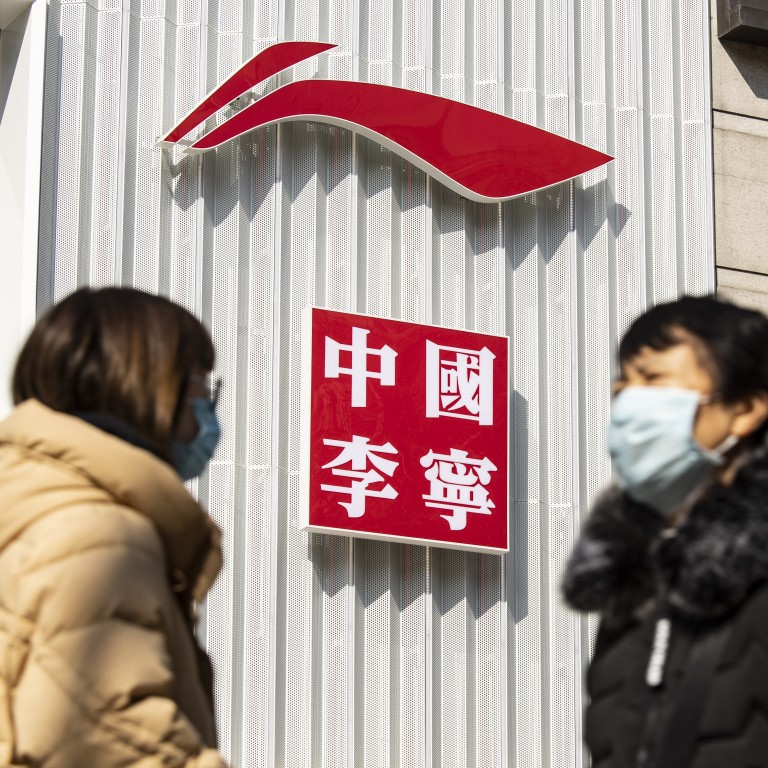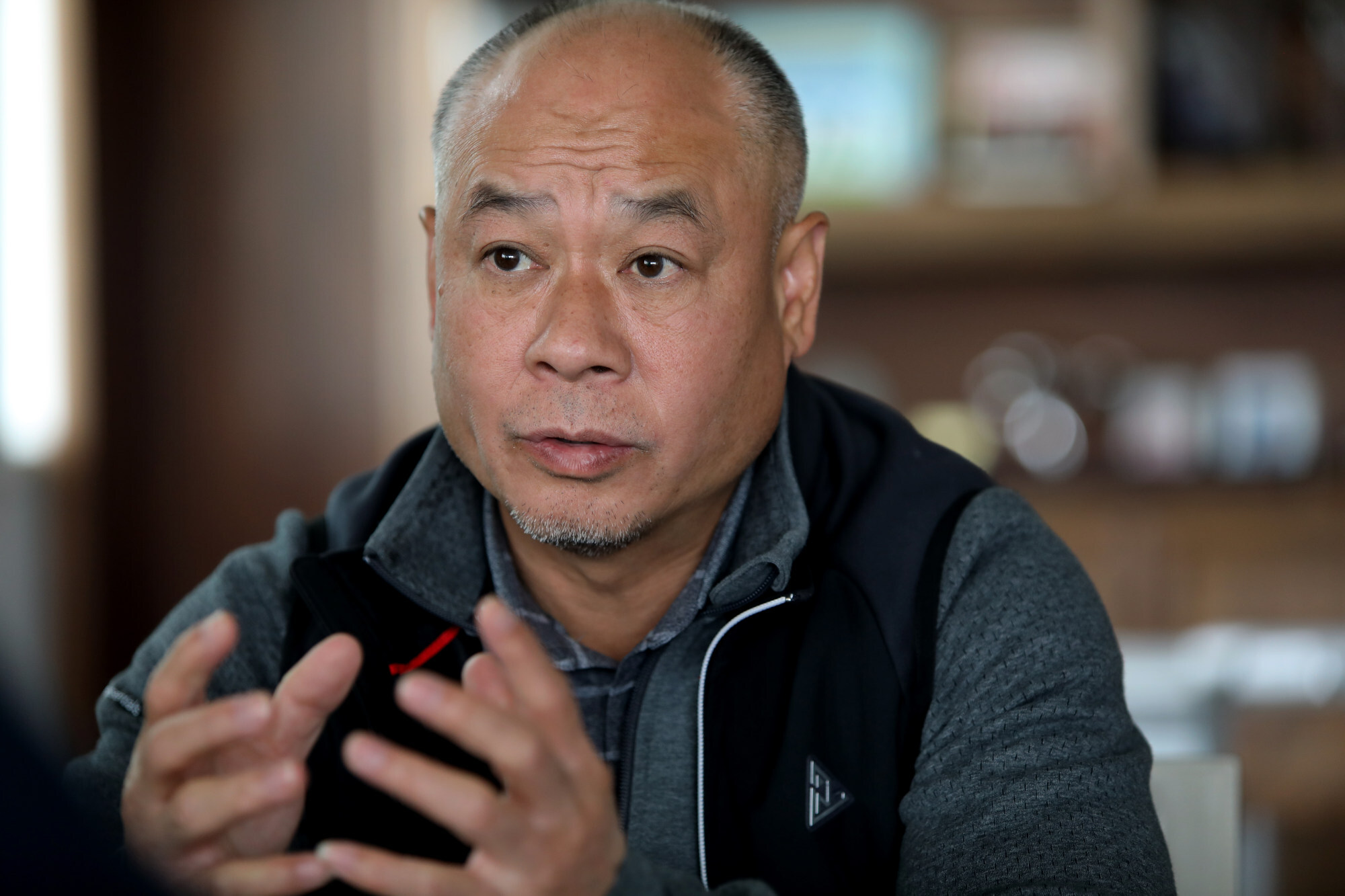
Li Ning refutes US claim of using North Korean forced labour in its supply chain as his sports goods are banned in America
- Li Ning said his company has “zero tolerance” for misconduct, according to a statement to the Hong Kong stock exchange
- US statutes carry “rebuttable presumption” that all goods from the target area are tainted, unless there is “clear and convincing evidence” otherwise
Li Ning, the triple-gold Olympic medallist in gymnastics, said his namesake company has not found any forced labour in its supply chain, defending one of China’s largest athletic brands after its exports were banned this week by US customs.
Under the Countering America’s Adversaries Through Sanctions Act (CAATSA), goods manufactured wholly or in part by North Koreans anywhere in the world are banned in the US, unless clear and convincing evidence is provided that they were not made with forced labour.

“This has been an ongoing investigation for several months involving numerous offices within CBP who independently reached the same conclusion,” a CBP spokesperson said in an emailed reply to South China Morning Post, three days after the ban on Li Ning’s products took effect. “CAATSA is a sanction, and is already imposed on Li-Ning until … the company can provide a rebuttal to CBP’s presumption of North Korean labour in their supply chain.”
Xinjiang’s economy and the impact of US sanctions
Under both statutes, companies will be able to appeal the prohibition only if they can provide “clear and convincing evidence” that their supply chains are free of forced labour.
China and the US: where is the relationship heading?
The ban on Li Ning applies to new imports from its effective date, leaving the brand’s products that are already in the US market unaffected.
In its defence, Li said his board could not respond to “speculation” or “allegations” of abuse without knowing the source of the information. The company “applies zero-tolerance policy” for misconduct, and “all suppliers are treated equally,” Li said.
The CBP declined to provide any information that “may reveal law enforcement techniques or expose individuals or parties involved in referrals,” the spokesman said. Still, “CBP is committed to fairly and expeditiously working to review information Li Ning believes is appropriate to meet this rebuttal requirement,” he said.
“CBP is actively investigating other instances of North Korean labour and thus other CAATSA violations,” he said. “Additional CAATSA enforcement actions may occur on companies around the world who utilise North Korean labour in violation of US sanctions.”

